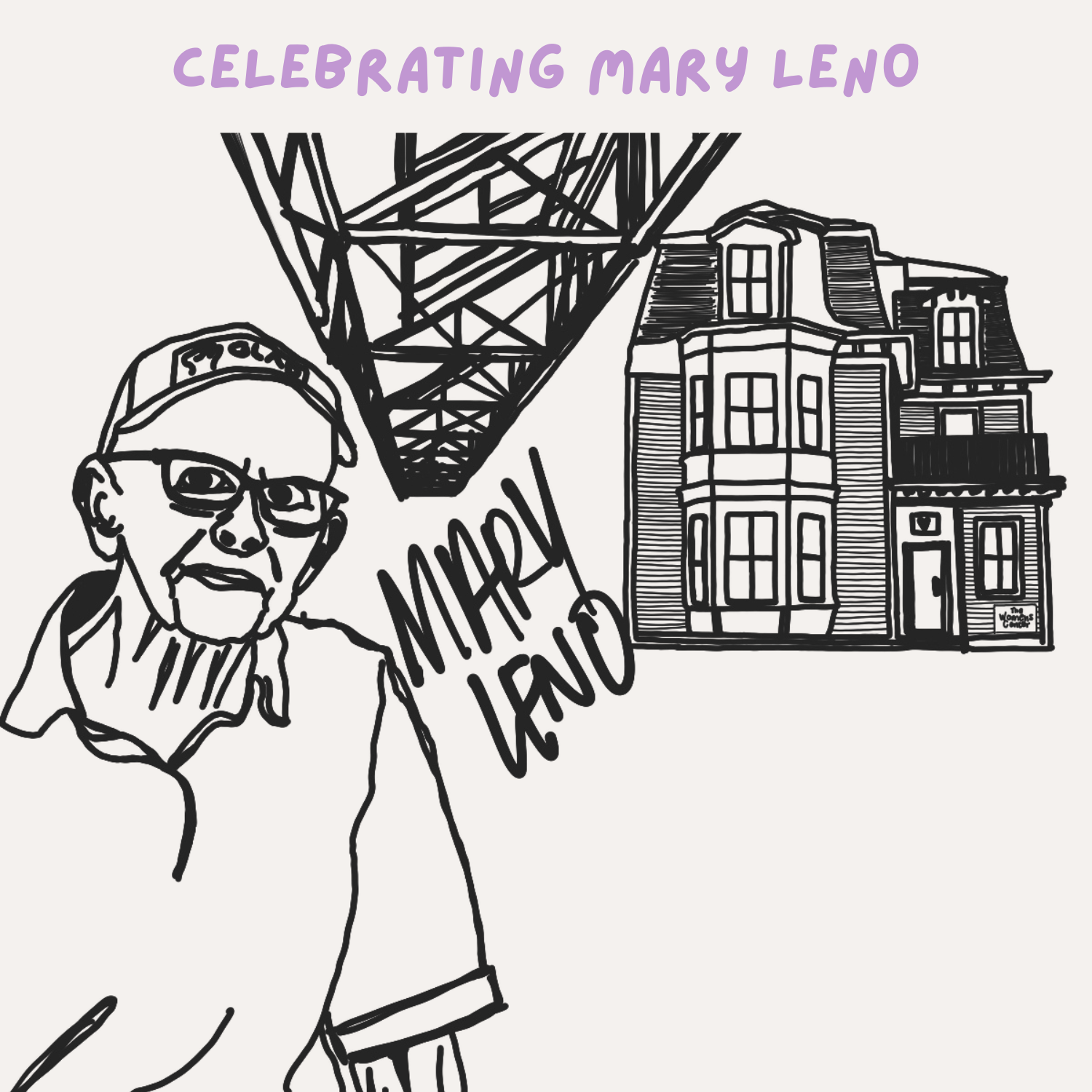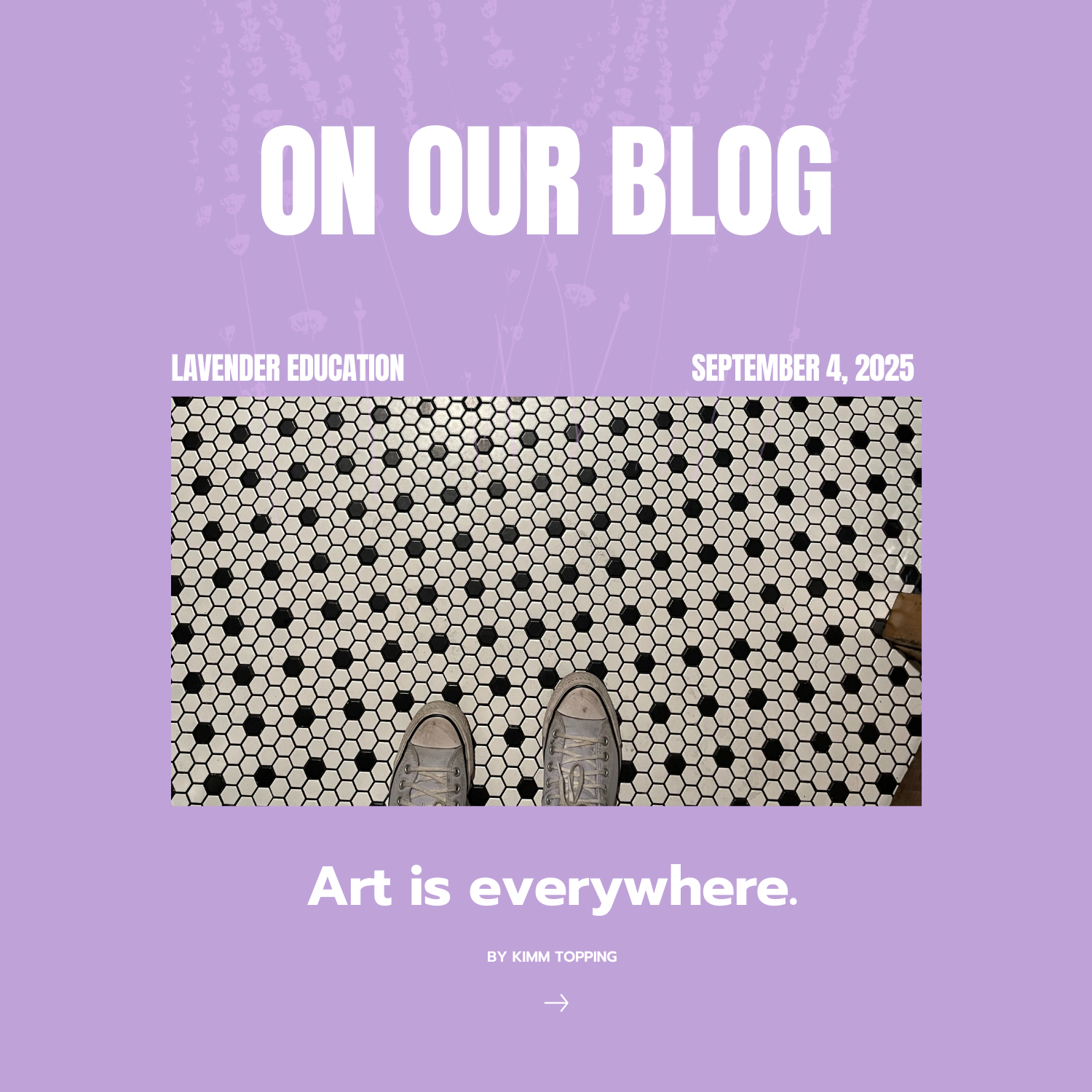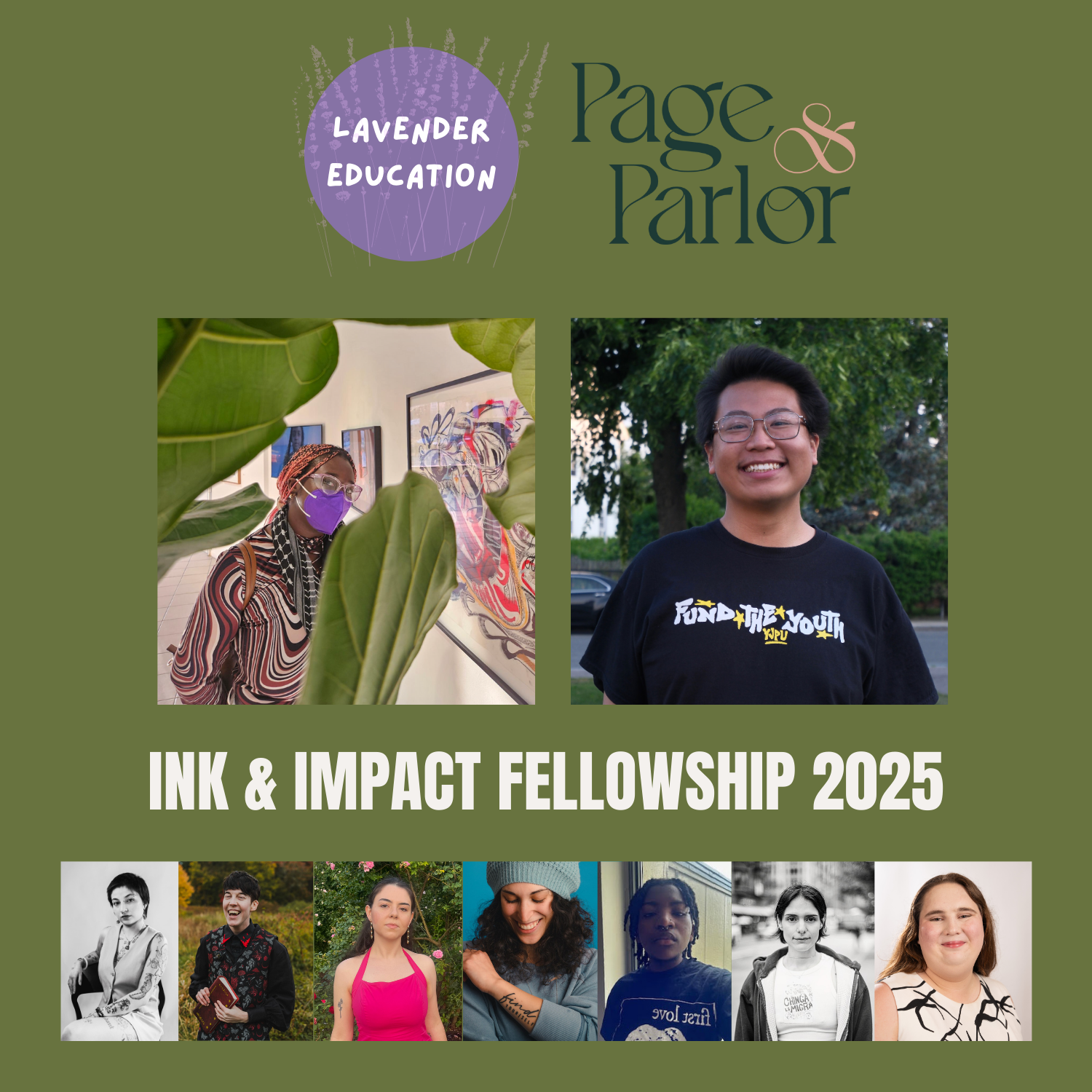

Art is everywhere.
Since moving to Brooklyn, I’ve gotten into the habit of noticing art everywhere I go. The subway is full of it, of course. Graffiti, dating ads, mosaics. On the walk there – dropped receipts, kids’ acrylic-painted pages, books at the free libraries, and creative business signs shouting, “Come in! You’ve found your new favorite place!”
My partner and I fell down a rabbit hole researching the long-bodied drawings we saw throughout the neighborhood, drawn on discarded furniture, sometimes with a message.
Crayon-sketched reminders
Chalk creations outside of school buildings
Welcoming business signs
Dog-inspired window art
Post-storm natural brilliance
Unique fonts etched in old doors
Subway murals
Stickers stuck to the street
Propped up paintings with a purpose
Carts full of flowers
Every found reminder of art is a moment of connection. Someone felt creative and acted on it. I learned who the tall-portrait-guy was, but don’t know much about these other artistic encounters.
More presence during my walks led to less doomscrolling on my phone, something I’ve been struggling with since the pandemic started. I spend time everyday processing the news, but my screen time reaching seven plus hours a day is not going to help anyone.

Announcing the 2025 Ink & Impact Fellows
Announcing our 2025 Inaugural Ink & Impact Fellows! Created in partnership between Lavender Education and Page & Parlor, the Ink & Impact Fellowship is a nine-month program designed to support emerging writers who explore gender, sexuality, and marginalized identities through their work. Fellows receive mentorship, resources, and funding to deepen their craft and develop stories that inspire change. The program culminates in a public reading at Stores in Bloom, the annual event that celebrates writers and raises funds for the fellowship.
Congratulations to Stephanie Dinsae and Billy Zeng, the Inaugural Ink & Impact Fellows for 2025.


Gratitude & Growth: What’s Next for Lavender Education
During a recent tour, someone teared up, realizing that so many activist spaces from the 1970s to the 1990s are no longer here. They hadn’t known about the newer queer and feminist spaces that have emerged locally in recent years. As we shared memories of New Words Bookstore, one of the country’s first feminist bookstores, we were reminded of how vital it is to stay connected to our history. Studying the past offers a blueprint for the present. We reflected on the generations of people whose lives were shaped by activism from decades ago and beyond.
